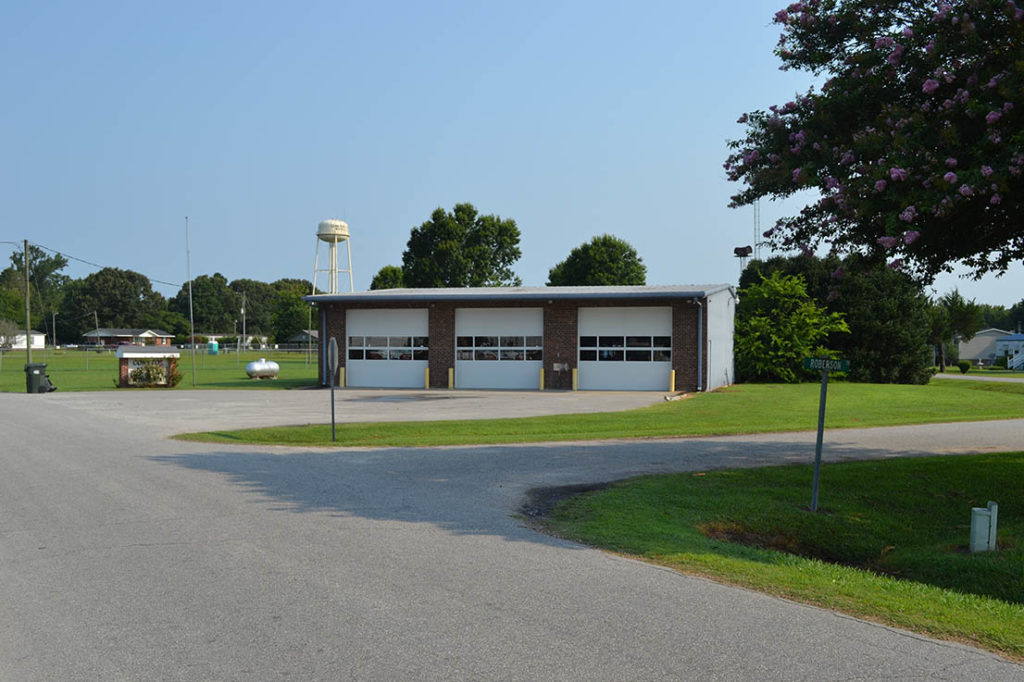
A flood-proof volunteer fire station in North Carolina and a much-needed dental clinic in Iowa are among the co-op-supported rural economic development projects receiving $14 million in loans and grants from the U.S. Department of Agriculture.
Electric and telecom cooperatives and municipal government agencies in 10 states received funds through the USDA’s Rural Economic Development Loan and Grant (REDLG) program, which provides zero-interest loans and grants for projects that create and retain jobs in rural areas. Eligible applicants are USDA’s Electric Program and Telecom Program borrowers.
“When we invest in infrastructure, we’re investing in the people of rural America to help create thriving communities where they can grow and prosper,” said USDA’s Justin Maxon, deputy undersecretary for rural development, in a July 27 statement.
Investments will go to projects in Illinois, Iowa, Kansas, Kentucky, Minnesota, Missouri, Montana, North Carolina, Ohio and Tennessee.
In North Carolina, Edgecombe-Martin EMC will pass a $300,000 grant to the Conetoe Volunteer Fire and Rescue Department to help replace a fire station that had flooded several times following hurricanes. The co-op is also contributing $60,000 in matching funds for the new, larger building, which is expected to go up by the end of this year.
Damage and high water from Hurricane Matthew, a Category 5 storm in 2016, “limited firefighters’ ability to get their equipment,” said Eddie Stocks, vice president of business and industrial development at the Tarboro-based co-op.
In Iowa, Wilton-based Eastern Iowa Light & Power Cooperative will use a $300,000 grant to help a local dentist renovate a new clinic. It’s the co-op’s second REDLG award to support rural dental practices.
“As more rural dentists are expected to retire, we want to do what we can so essential services, like dentistry, will be locally available in the future,” said Dave Mohr, the co-op’s manager of business development.
With the imminent retirement of Wilton’s current dentist, the new dentist wanted to begin her own practice. In addition to private financing and the services of a state dental referral program, the REDLG grant will help the new provider set up a larger clinic near the previous dental office. The new practice will also create three new jobs.
If the clinic had left the area, said Mohr, members would have to drive to neighboring communities to visit a dentist.
Victoria A. Rocha is a staff writer for NRECA.